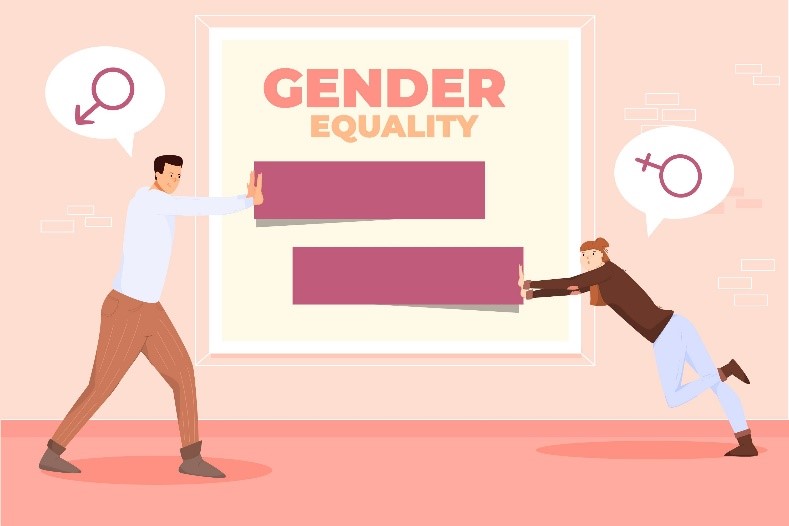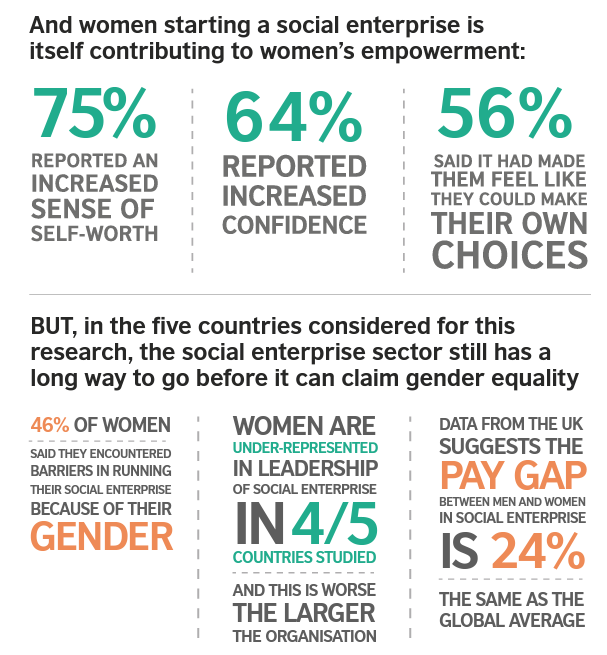The life of all people changed two years ago when the World Health Organisation (WHO) declared COVID-19 a pandemic. Since then, governments are trying to control the situation nationally by suggesting measures and restrictions but also internationally by aligning with other countries’ policies. Two years later, with vaccinations already given to the majority of the population, things are as “normal” as they could be yet, many are the experts that claim that the “normality” that we used to live in before the COVID-19 pandemic will never be restored.
During these two years, the “traditional” way of doing things was replaced by a more creative, mostly digitally-oriented, way. Innovation, creativity, and social change have been some of the elements most needed, three elements that are also highly related to social entrepreneurship. Therefore, can social entrepreneurs be also even the slightest solution to COVID-19?
Social entrepreneurs and COVID-19
COVID-19 has brought gigantic social problems, not only related to health. More specifically, it brought unemployment, food insecurity, as well as economic disparities, and made us realize how inadequate education systems are. All these consequences of the pandemic need solutions, just like any other global issue that the world faces such as climate change, gender inequality, poverty, and others. Social entrepreneurs have been tackling already the aforementioned issues through their social enterprises and/or initiatives, trying to make the world a better and fairer place to live. Therefore, they can be the key to tackling the problems brought by COVID-19 as well.
First of all, social entrepreneurs are well-positioned to address gaps in the market and reach groups that the government may not be able or it will be really time-consuming to do. More in detail, socially disadvantaged communities are the most affected by the pandemic and social enterprises can be more efficient and experienced than the government to act. For example, the social enterprise named Root Capital works in remote indigenous communities in Africa, Latin America, and Indonesia and has already provided supplies (face masks, soap, medicine, etc.) to thousands of rural families. Moreover, Amazon Conversation Team has been translating public health information into the native languages of indigenous communities and has been sharing it through the channels that they are using.
Another reason why social entrepreneurs can tackle the consequences of the COVID-19 pandemic is that they can address secondary and tertiary problems whereas the government concentrates on reducing the highest-level problems such as health and economic shocks. Yet, another major issue is education since it is evident that education systems and schools were not ready for such a change and a digital transformation. Even if governments are trying to improve not only students’ but also teachers’ digital skills, it is very time-consuming and expensive, resulting in education gaps and a lack of confidence and socialization. YouthBuildUSA and Citizen Schools are just some examples of social enterprises that focus on tutoring and the wellbeing of students in the age of distance learning.
Lastly, social entrepreneurs have already the experience and the courage to change broken systems. Before the pandemic, they were already tackling social injustices which were then exacerbated. Therefore, they have the know-how to help society. Of course, improvements or changes may be needed due to how rapidly our lives change, but they are more familiar with the target group, their needs, and challenges than anyone else.
In conclusion, social entrepreneurs can be a significant help to governments and society against the COVID-19 pandemic and its consequences. Its impact will remain in our lives for years, even when the pandemic won’t be a major discussion in current news, therefore the need to have businesses with their main aim being to tackle social injustices rather than to make money, is fundamental.






